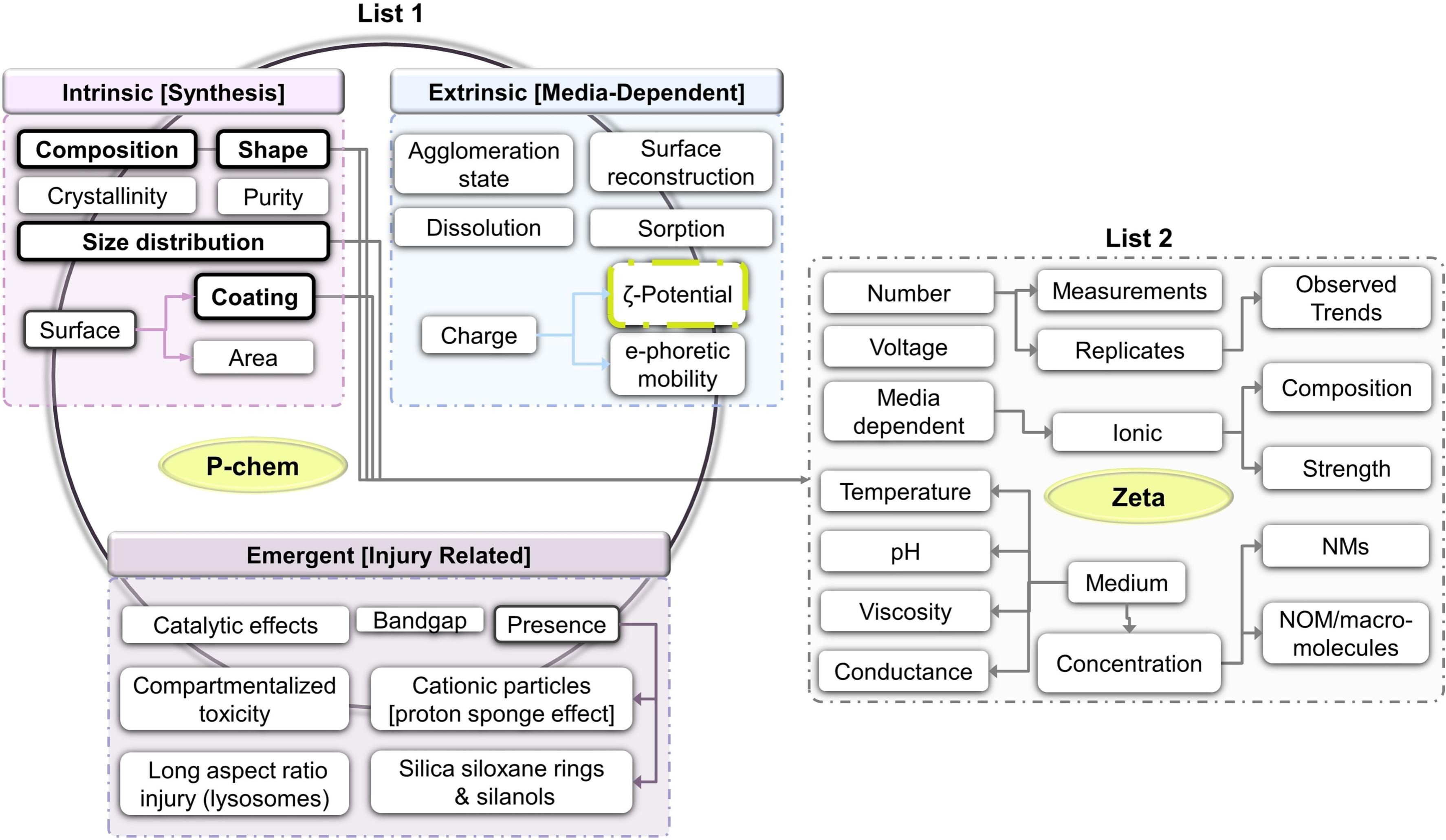-

Using FAIR to select data for reuse
This paper got published in July already, but I had not had the time yet to blog about this exciting work by Irini Furxhi and Ammar Ammar: A data reusability assessment in the nanosafety domain based on the NSDRA framework followed by an exploratory quantitative structure activity relationships (QSAR) modeling targeting cellular viability (doi:10.1016/j.impact.2023.100475) -
Making BridgeDb Derby files with Groovy
I just want to drop this here. There are various ways to make BridgeDb identifier mapping files. Some of the tools predate my joining the BiGCaT research group and the BridgeDb project, but this Groovy page is basically what we have been using to create the metabolite identifier mapping databases: -
American Chemical Society Fall 2023 meeting
About four weeks ago the Fall 2023 American Chemical Society meeting (#ACSFall2023). I have attended a few ACS meetings in person and even organized a symposium at the 2010 ACS meeting in Boston. This time too, I did not participate in person, tho visiting San Francisco again would have been nice. I gave two presentations (slides doi:10.5281/zenodo.8255394), but have not uploaded my slides of the first presentation to Zenodo yet. -
Last post there / the Freebie model online
This is my last post on blogger.com. At least, that is the plan. It has been a great 18 years. I like to thank the owners of blogger.com and Google later for providing this service. I am continuing the chem-bla-ics on a new domain: https://chem-bla-ics.linkedchemistry.info/ -
Boiling points in Wikidata
Some days ago, I started added boiling points to Wikidata, referenced from Basic Laboratory and Industrial Chemicals (wikidata:Q22236188), David R. Lide’s ‘a CRC quick reference handbook’ from 1993 (well, the edition I have). But Wikidata wants pressure (wikidata:P2077) info at which the boiling point (wikidata:P2102) was measured. Rightfully so. But I had not added those yet, because it slows me and can be automated with QuickStatements. -

History, provenance, detail
Just a quick note: I just love the level of detail Wikidata allows us to use. One of the marvels is the practices of named as, which can be used in statements for subject and objects. The notion and importance here is that things are referred to in different ways, and these properties allows us to link the interpretation with the source. For example, Max Born’s seminal work Zur Quantenmechanik (doi:10.1007/BF01328531) uses a very short notation to cite other literature, as footnotes, and DOIs did not exist yet.
